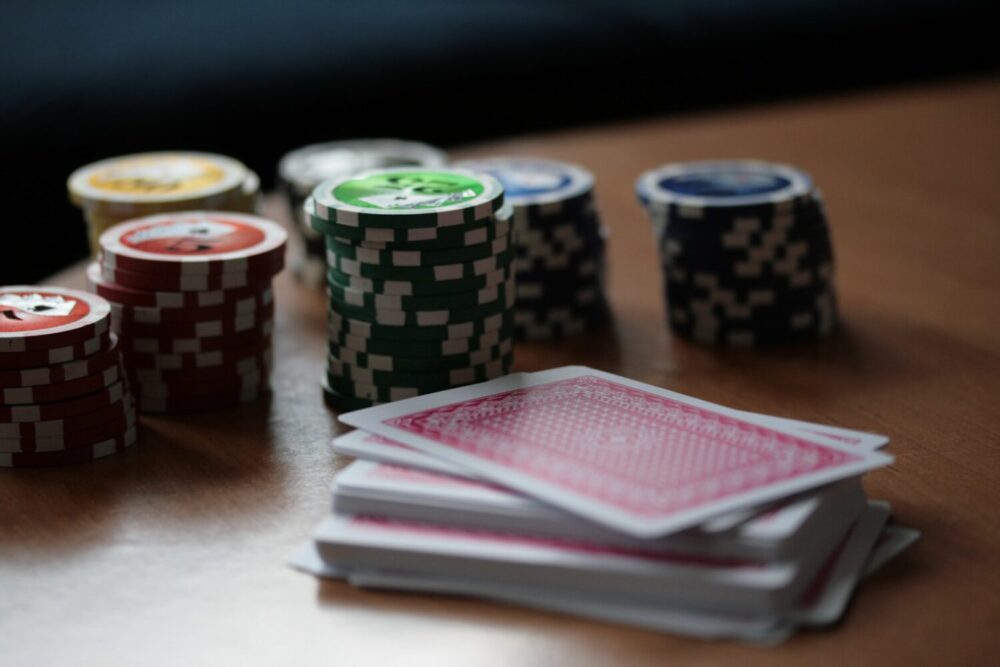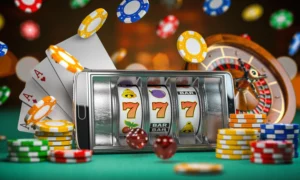One could argue that life is like a game of poker. You never know what cards you will be dealt, but how you play your hand determines how you fare in the end.
The same can be said of business. You never know what obstacles or challenges you will face, but how you deal with them will determine your success.
There are a lot of lessons to be learned from a poker table. If you pay enough attention to the game, you’ll find valuable tips and strategies that can help you in your personal and professional life. This holds true whether you prefer to join live tournaments or play poker online on sites like GGPoker, the world’s largest poker room.
Here are 5 notable examples of life and business skills you can learn from the game:
1) Analytical thinking
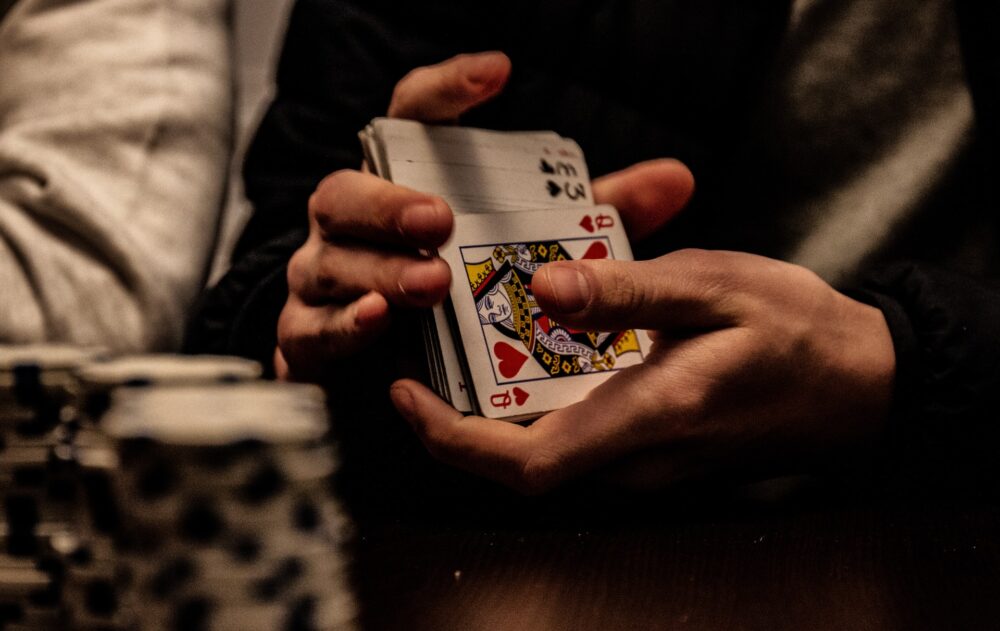
Source: unsplash.com
In a poker game, you need to be able to analyze several factors before making the best possible move with the poker hand you have. You can’t just rely on gut instinct or feelings. You need to be able to think critically and make logical decisions.
This same skill is essential in life and business. To succeed, you need to look at a problem from all angles and make the best possible decision based on the available data.
Moreover, as you practice and play more poker games, you’ll also gain more experience that can aid in your future decisions. Say you lost a critical hand in a tournament. You could look back later on and analyze how you might have played the hand differently to arrive at a more favorable result. The same goes for life and business endeavors. You can use your past experiences, good or bad, to help you analyze what you need to do to ensure the success of future ventures.
2) Self-mastery and control

Source: unsplash.com
“Poker Face” is one of the most popular concepts to arise from the game, and for a good reason. To succeed in poker, you need to maintain a calm and collected exterior, even when you’re feeling anxious or stressed on the inside.
In other words, you need to be able to master and control yourself. You must be able to keep your emotions in check and not let them dictate your actions.
There will also be no shortage of stressful or overwhelming situations in life, but it’s crucial to maintain a level head and make the best possible decisions. If you let your emotions get the best of you, they can cloud your judgment and lead to poor decision-making.
3) Discipline and perseverance
A big part of poker is having the discipline to stick to your strategy, even when it’s not working out in the short term. Giving up may seem like the best and easiest option when facing a losing streak. But if you don’t have the discipline to stick it out, you’ll never know if things could have turned around.
The same goes for life and business. Challenges are inevitable. Your business proposal could decline, or your job search could hit dead ends. But if you give up too easily, you’ll never know what success could have been waiting around the corner.
It’s critical to be disciplined and persevere through tough times. This doesn’t mean you should be stubborn and hold on to a failing idea or venture. Rather, it means you should have the grit and determination to push through difficult obstacles.
4) Financial planning and management
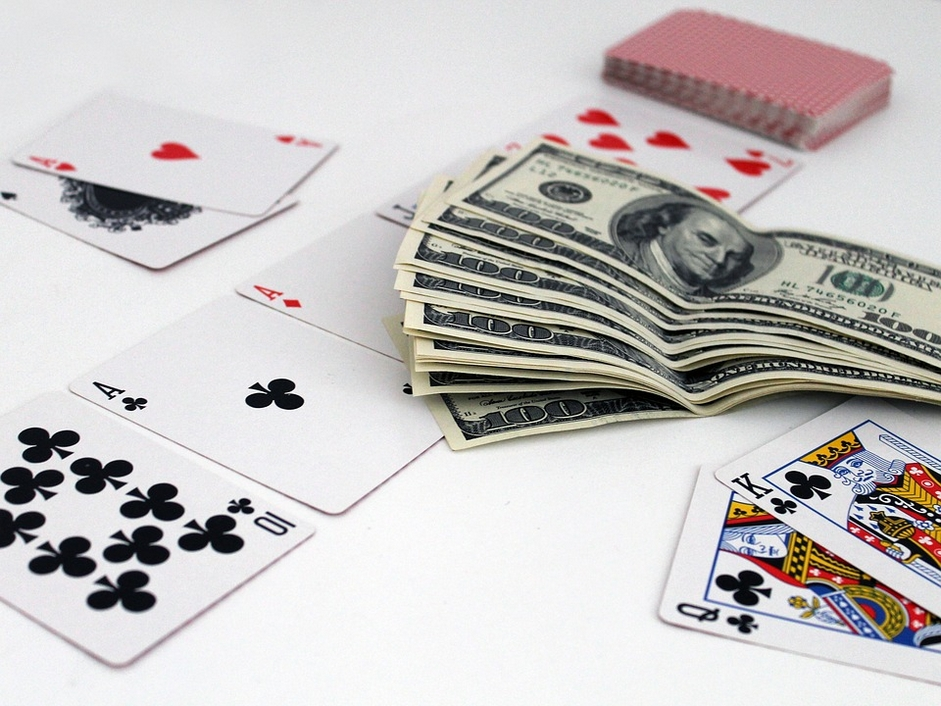
Source: wordpress.com
In poker, you need to be able to manage your chips wisely. You can’t just go all in every hand and hope for the best. You need to be strategic about using your chips based on the current situation and the hand you’re holding.
Additionally, poker teaches you to manage your bankroll responsibly. You need to set limits for yourself and create a devoted account for poker funds so you don’t end up spending more than you can afford to lose.
These are beneficial skills even beyond the game. In life, you need to be able to manage your finances properly to be stable and secure. You also need to be strategic about using your money to sustain important things like food, shelter, and utilities.
5) Accepting failure as a part of the process
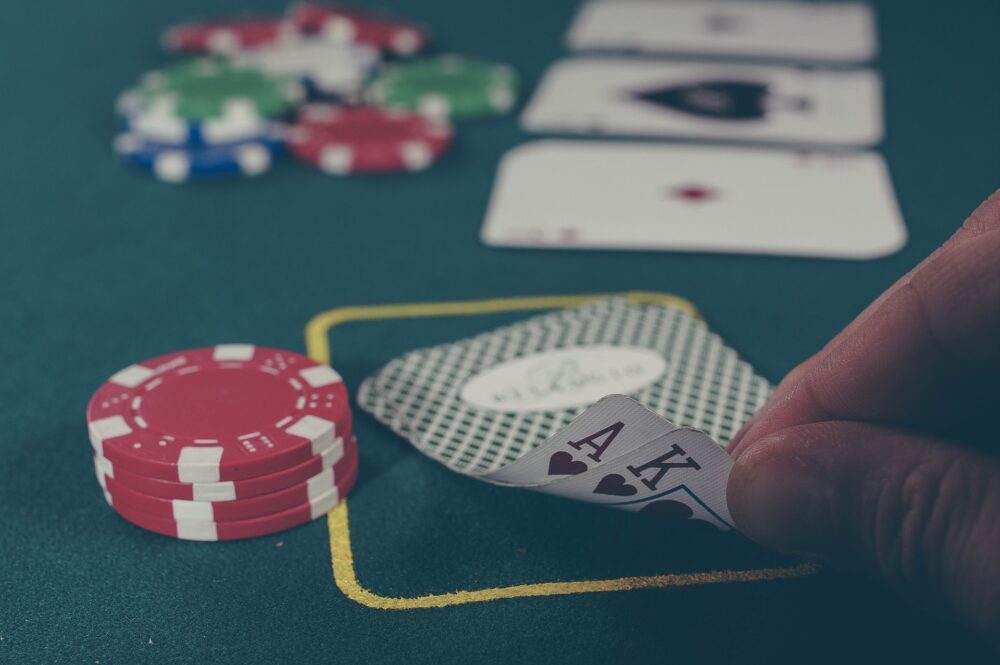
Source: unsplash.com
In poker, failure is unavoidable. You might make a bad decision that loses you the hand, or you might play perfectly but still end up losing to someone with better cards. But opportunities are just as persistent. There will always be a new poker game to join, new opponents to play against, and another chance to do better.
What’s important is how you deal with failure. Do you get angry and frustrated? Do you give up and quit? Or do you accept that failure is a part of the game and use it as motivation to improve?
In life, you will also face many failures. You might get rejected for a job, or your business might not take off as planned. Instead of getting discouraged, you can learn from these failures and use them to fuel you to try better.
There you have it – the five notable life and business skills you can learn from playing poker. There are surely a lot more out there—in fact, we would encourage you to take what you will from the game and apply it to your own life, however you see fit.
But while this isn’t a definitive list, we hope it has given you something to think about the next time you’re at the poker table.


